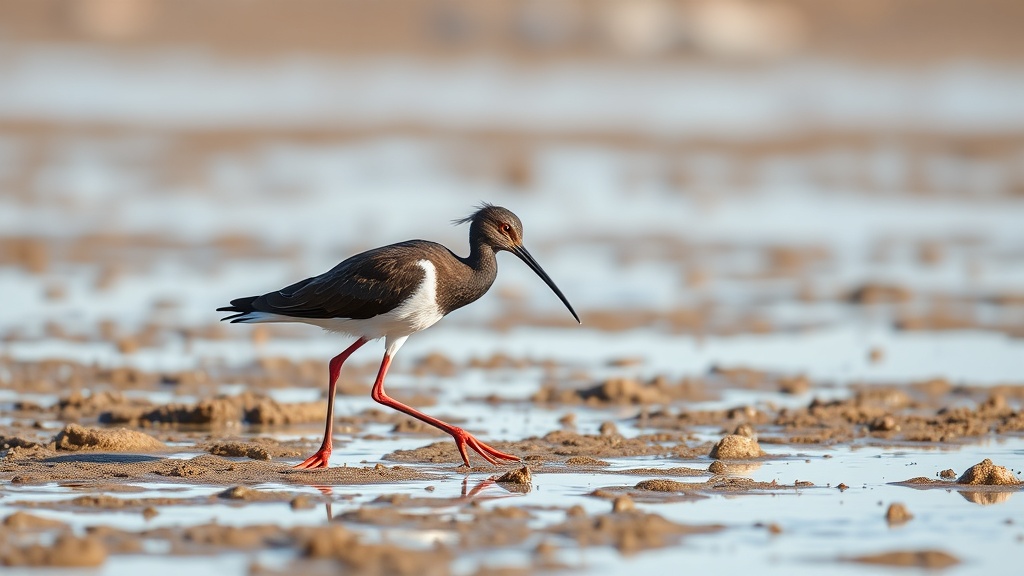Home / Environment / Poole Harbour Hosts Thousands of Migratory Black-Tailed Godwits
Poole Harbour Hosts Thousands of Migratory Black-Tailed Godwits
30 Oct
Summary
- Poole Harbour is a globally significant site for black-tailed godwits
- The harbor hosts over 3,400 individuals from the Icelandic subspecies each winter
- Holes Bay provides perfect conditions for the waders to feed on invertebrates and mollusks

As the summer days begin to shorten in 2025, the return of winter visitors to Poole Harbour in Dorset is eagerly anticipated. The wide expanse of the harbor, particularly the Holes Bay area, is a major draw for birders and wildlife enthusiasts, as it serves as a globally significant site for the Icelandic subspecies of black-tailed godwits.
Each year, these waders migrate south from Iceland to overwinter in parts of western Europe, including the UK. Poole Harbour hosts more than 3,400 individuals from this subspecies, which accounts for around 8% of the entire global population. The harbor's Holes Bay, with its sheltered, shallow waters, provides the perfect conditions for the godwits to feast on the rich feeding grounds of invertebrates and mollusks exposed by the receding tide.
As the temperature drops in the autumn, the black-tailed godwits can be seen scattered across the mudflats, carefully probing the silt with their long, straight bills to locate their prey. The shimmering flock of birds taking flight as the tide rises again is a sight that never fails to brighten up a murky day on the Dorset coast.




